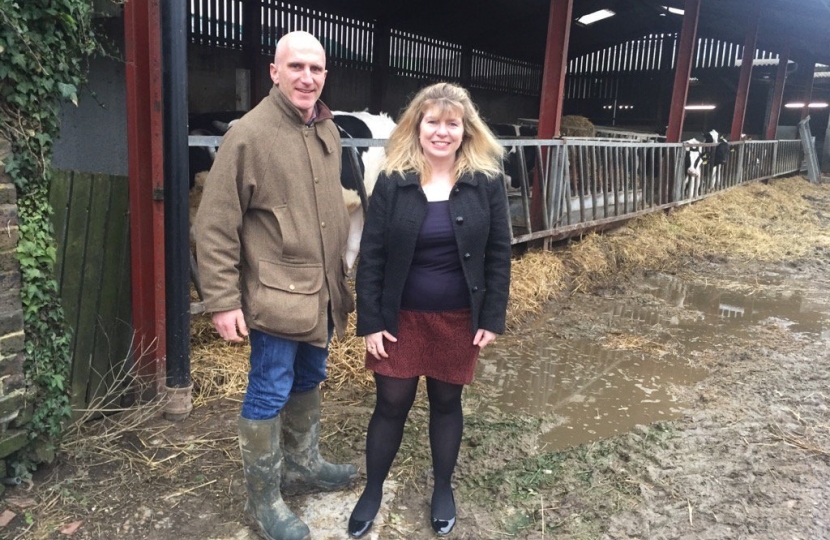
Plans to ban the export of live animals for slaughter and fattening have been welcomed by Maria Caulfield MP, in the start of a renewed push by government to strengthen the UK’s position as a world leader on animal welfare.
These proposals form part of an eight-week consultation, launched on 3rd December in England and Wales, seeking views on how to better protect animal welfare during transport.
Live animals commonly have to endure excessively long journeys during exports, causing distress and injury. Previously, EU rules prevented any changes to these journeys, but leaving the EU has enabled the UK Government to pursue these plans which would prevent unnecessary suffering of animals during transport and see us become the first country in Europe to end this practice.
The government is also consulting on proposals to further improve animal welfare in transport more generally, such as:
• reduced maximum journey times
• animals being given more space and headroom during transport
• stricter rules on transporting animals in extreme temperatures
• tighter rules for transporting live animals by sea.
Environment Secretary George Eustice said “We are committed to improving the welfare of animals at all stages of life. Today marks a major step forward in delivering on our manifesto commitment to end live exports for slaughter. Now that we have left the EU, we have an opportunity to end this unnecessary practice. We want to ensure that animals are spared stress prior to slaughter.”
Maria Caulfield MP said “Animal welfare is one of the most frequent issues raised with me by my constituents.
For years I have had to tell them that as long as we are in the EU we cannot ban the live export of animals and that we would look to do so once we had left. I am pleased that we are now beginning the process of banning the cruel and distressing live export of animals for slaughter now that we have left the EU and the transition period is ending.”
Around 6,400 animals were transported from the UK directly to slaughter in continental Europe in 2018, based on internal figures.
This consultation takes into account the responses to the 2018 Call for Evidence, as well as the report published by the then Farm Animal Welfare Committee (now known as the Animal Welfare Committee), which is made up of farming and veterinary experts, into the existing welfare standards for animals during transport.

